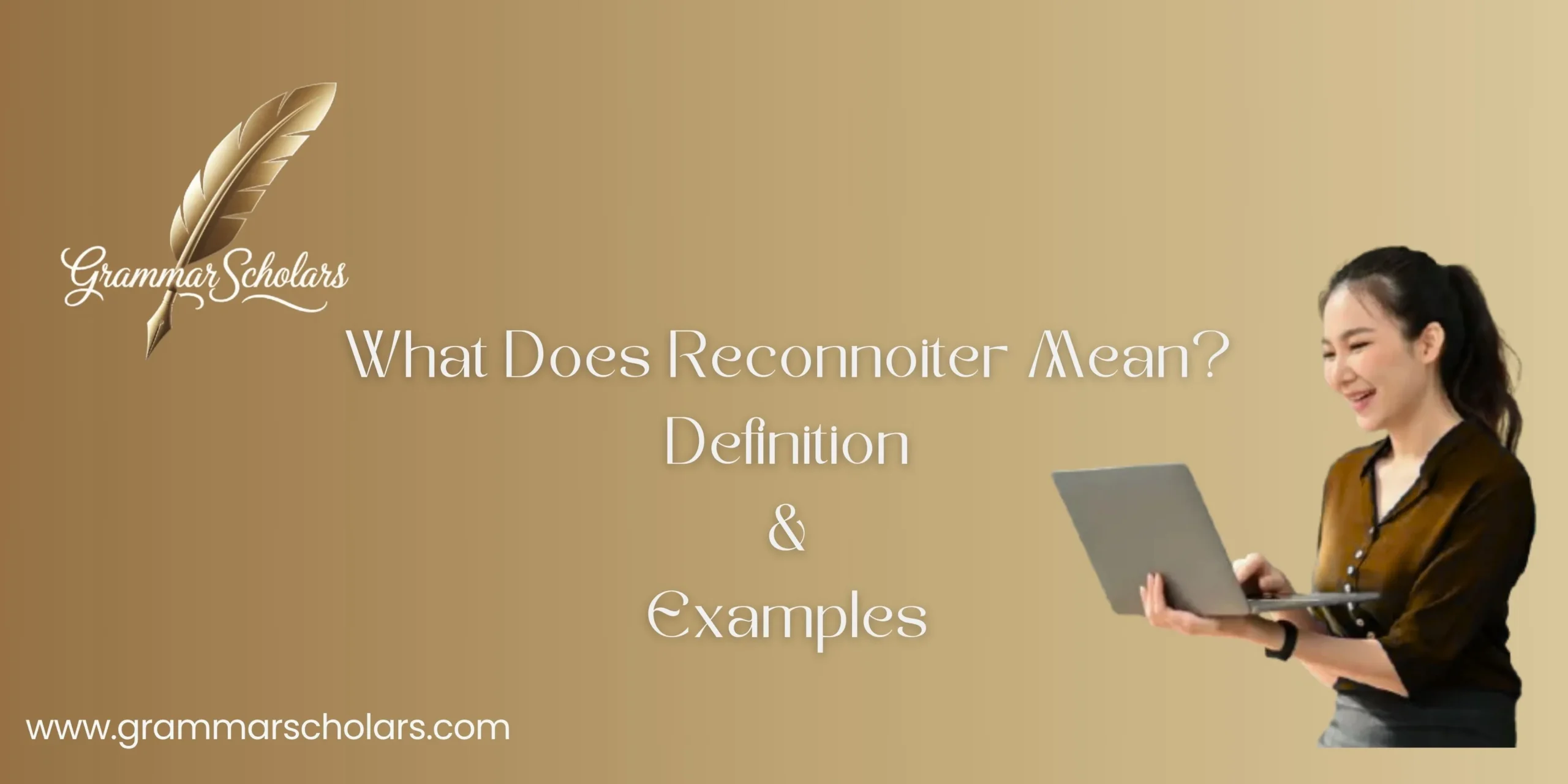24 Hours Notice or 24 Hour’s Notice or 24 Hours’ Notice?
The correct expression, 24 Hours Notice or 24 Hour’s Notice or 24 Hours’ Notice is more than a style choice; it’s a matter of grammatical ownership. “24 hours’ notice” is the most accurate form because the notice belongs to the 24 hours, a plural unit of time. This apostrophe after the s shows possession. Avoiding … Read more




















